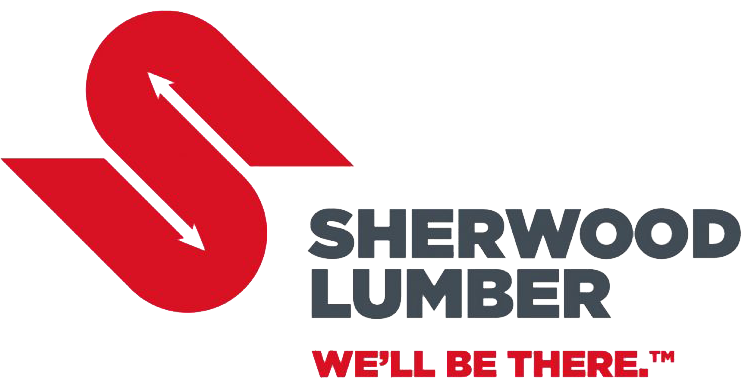Importing lumber and plywood into the United States involves a myriad of terms and concepts crucial for successful transactions. In this blog post, we’ll delve into the top 10 shipping terms every importer should know, with examples illustrating their significance in the lumber and plywood trade.
1. FOB (Free on Board):
FOB terms delineate the point at which the seller’s responsibility ends and the buyer’s begins. For instance, “FOB Vancouver” means the seller is accountable for the goods until they are loaded onto the vessel in Vancouver.
2. EXW (Ex Works):
EXW indicates that the buyer bears all costs and risks from the seller’s premises or another specified location. Imagine purchasing plywood under EXW terms from a manufacturer’s warehouse, where you’re responsible for transportation and export clearance.
3. FCA (Free Carrier):
Under FCA terms, the seller delivers the goods to the carrier or another designated individual at a predetermined location. For example, if you buy lumber FCA Seattle, the seller arranges delivery to the carrier in Seattle, and you assume risk thereafter.
4. CPT (Carriage Paid To):
CPT obliges the seller to deliver the goods to a carrier at a designated location, covering transportation costs to a specified destination. Suppose you import plywood CPT Los Angeles, indicating the seller pays for carriage to LA, but further transport costs are your responsibility.
5. CIP (Carriage and Insurance Paid To):
Similar to CPT, CIP includes insurance coverage arranged by the seller for the goods during transit. If you buy lumber CIP New York, the seller ensures transportation and secures insurance coverage up to the destination.
6. DDP (Delivered Duty Paid):
DDP signifies that the seller is responsible for delivering the goods to the buyer at the named place, covering all costs, including duties and taxes. For instance, purchasing plywood DDP Miami means the seller handles everything until delivery in Miami, including customs duties.
7. Bill of Lading (B/L):
A Bill of Lading serves as a vital document acknowledging receipt of goods for shipment. Picture receiving a B/L upon loading lumber onto a vessel in Vancouver, confirming the goods’ shipment.
8. Demurrage and Detention:
Demurrage pertains to charges incurred for exceeding the allotted time for cargo storage at the port, while detention relates to delays in returning shipping containers. For example, prolonged unloading of plywood in Houston may result in demurrage fees.
9. Incoterms:
Incoterms, such as those mentioned above, define the rights and obligations of buyers and sellers in international trade contracts. Familiarizing yourself with these terms is essential for seamless transactions.
10. Customs Clearance:
Customs clearance involves obtaining authorization from customs authorities to import goods, ensuring compliance with regulations and payment of duties and taxes. Successfully clearing customs is integral to importing lumber and plywood into the US.
Conclusion:
Understanding these top 10 shipping terms is paramount for importers navigating the intricacies of the lumber and plywood trade. By grasping concepts like FOB, EXW, and DDP, and their real-world applications, importers can streamline logistics operations and ensure successful transactions in this vital industry.









